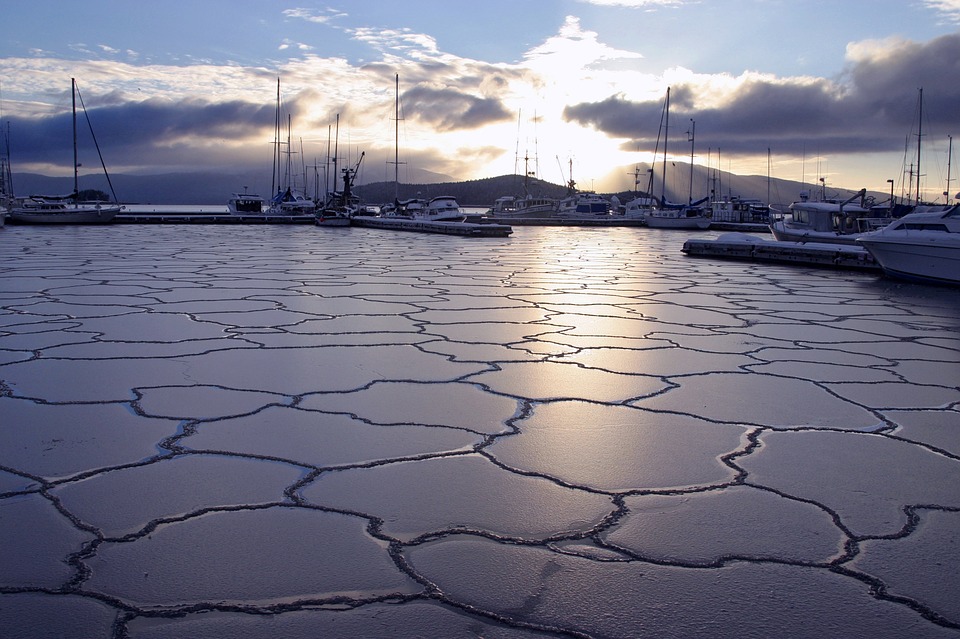Blog
Remove Floating Dock in Winter?
Should You Remove Your Dock for the Winter?
This is one of the most common questions many dock owners have, “Should I remove my floating boat dock for the winter?” You may have just installed your very first dock or maybe recently purchased a property with an existing dock. The answer to the question depends on a few different variables, which we will address in this article.
The first question is always, “Why should I remove my boat dock?” To answer that question, we first need to start with location. If you are located in Florida, the answer is no, you probably do not need to remove your dock for the winter. However, if you are located in a northern climate that experiences freezing temperatures that question gets more tricky. The simplest answer is if the body of water your dock is on freezes then yes, you most likely should. Ice looks harmless from a distance, and it’s almost hard to imagine the destruction it has the potential to cause. When you look at a frozen lake or inlet it almost looks peaceful, no tides rolling in slamming on your boat dock so it’s easy to imagine why some dock owners simply do not understand what they’re in for. Throughout the winter months the ice is constantly moving. It’s a slow process, one that often your eyes cannot see, but there are thousands of pounds of slow moving ice crushing your dock supports for the entire duration of the freezing cycle.
In our experience the ice wins, almost every time. We have seen lakes thaw out with a customers dock hundreds of yards away, completely uprooted by the ice barrage it experienced throughout the winter. However, if you are lucky enough to have your dock last the winter you are severely decreasing it’s durability. A dock that would normally last 20 years will be lucky to last 5 winters. Think of your dock as an investment that you are trying to protect.
What if the lake my dock is on doesn’t freeze?
Just because you’re located in a winter climate doesn’t mean that the body of water you’re on freezes. One example would be the Great Lakes in the northeast of the USA. If the body of water your dock is on is large enough (we are talking square miles, not acres) there is a good chance it won’t freeze completely over. There are dangers involved here that you need to be aware of. First off, if your dock is located in a bay, inlet, or pond of a larger body of water there is much more of a likelihood it will freeze over. If you just purchased a property and are unsure of the lakes winter condition, your best bet is to ask the neighborhood about the winter conditions and how they upkeep their boat docks. Neighbors can be your best resource, especially dock owners in the same vicinity of your own.
Another warning we have to point out is that just because you don’t see ice doesn’t mean it isn’t there. “Heavy” ice often sits just below the surface of the water and follows the current and tide. These can damage your dock with just one pass over. You should also be aware that during the spring thaw, the ice will start to melt and drift away. This means that the current could push it right into your dock and you would be none the wiser. We always try to err on the side of caution, as a complete dock rebuild is costly financially and time consuming.

